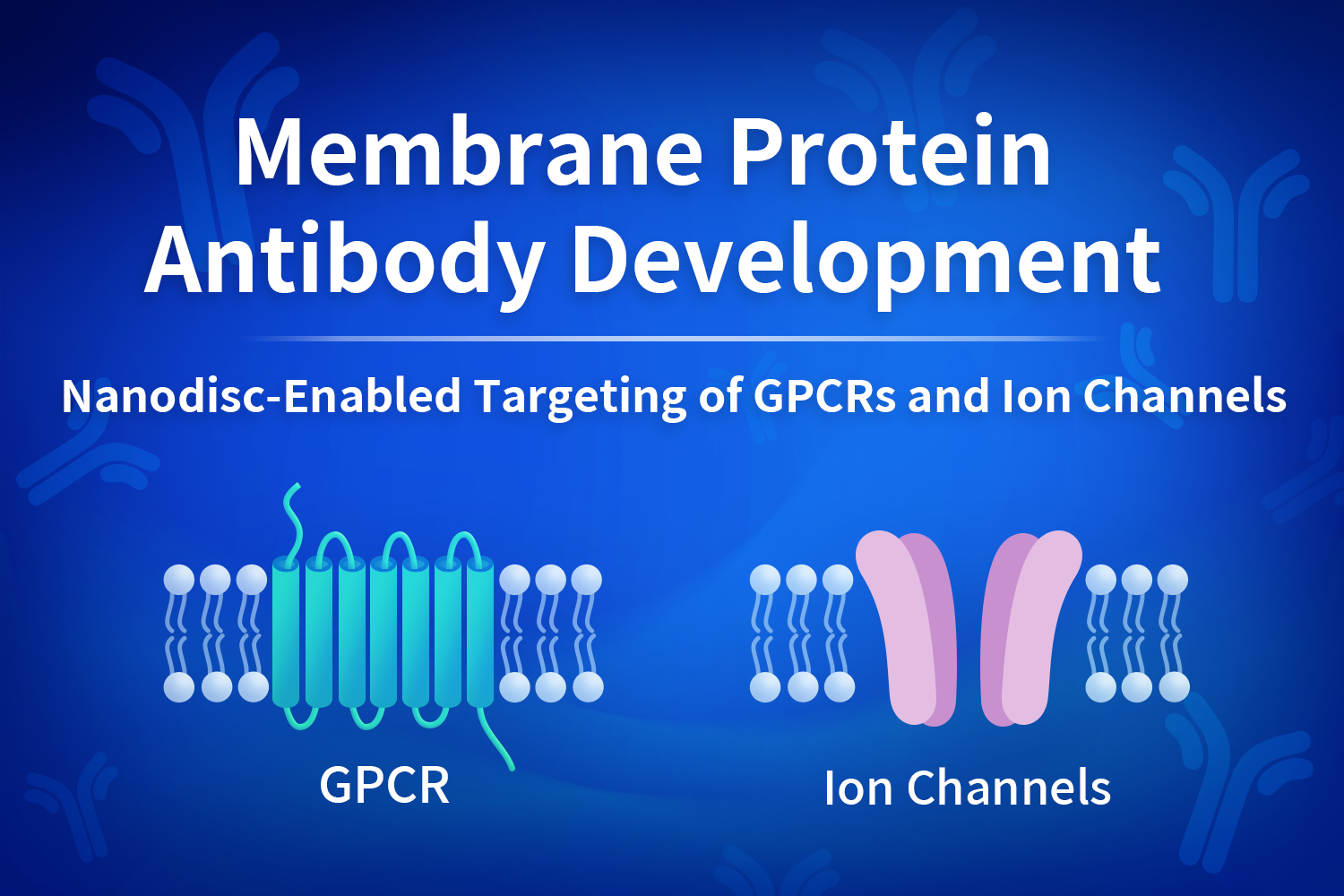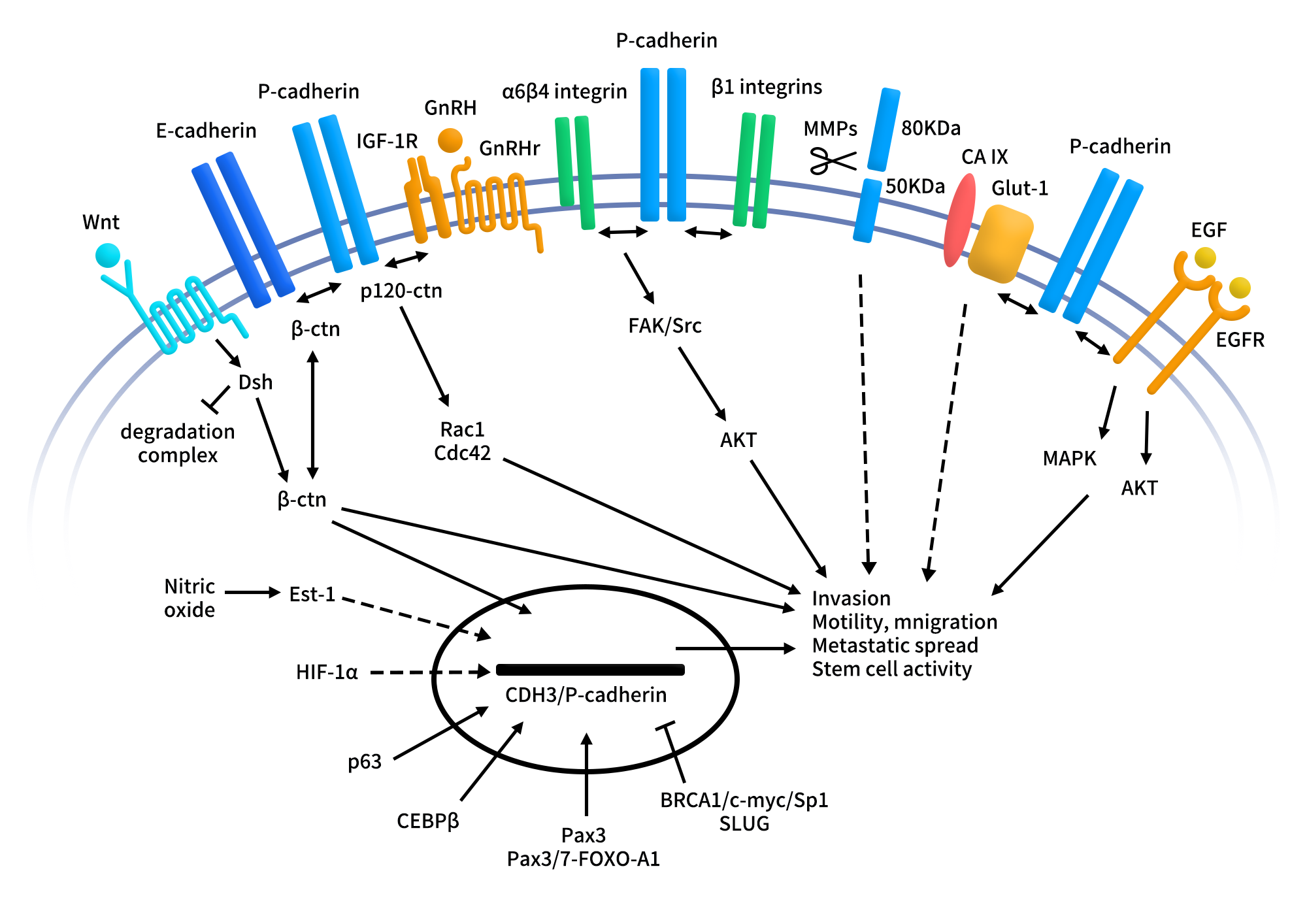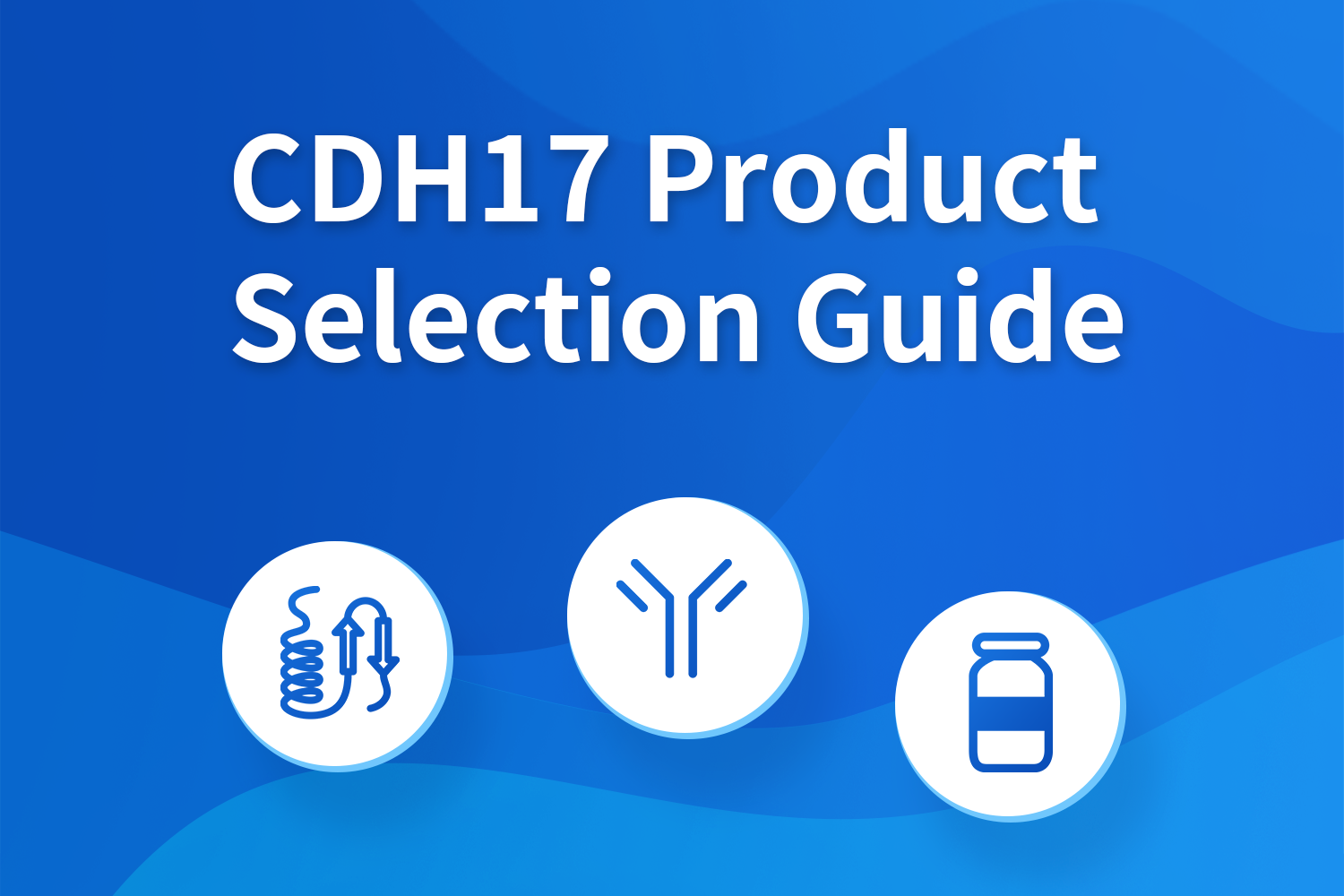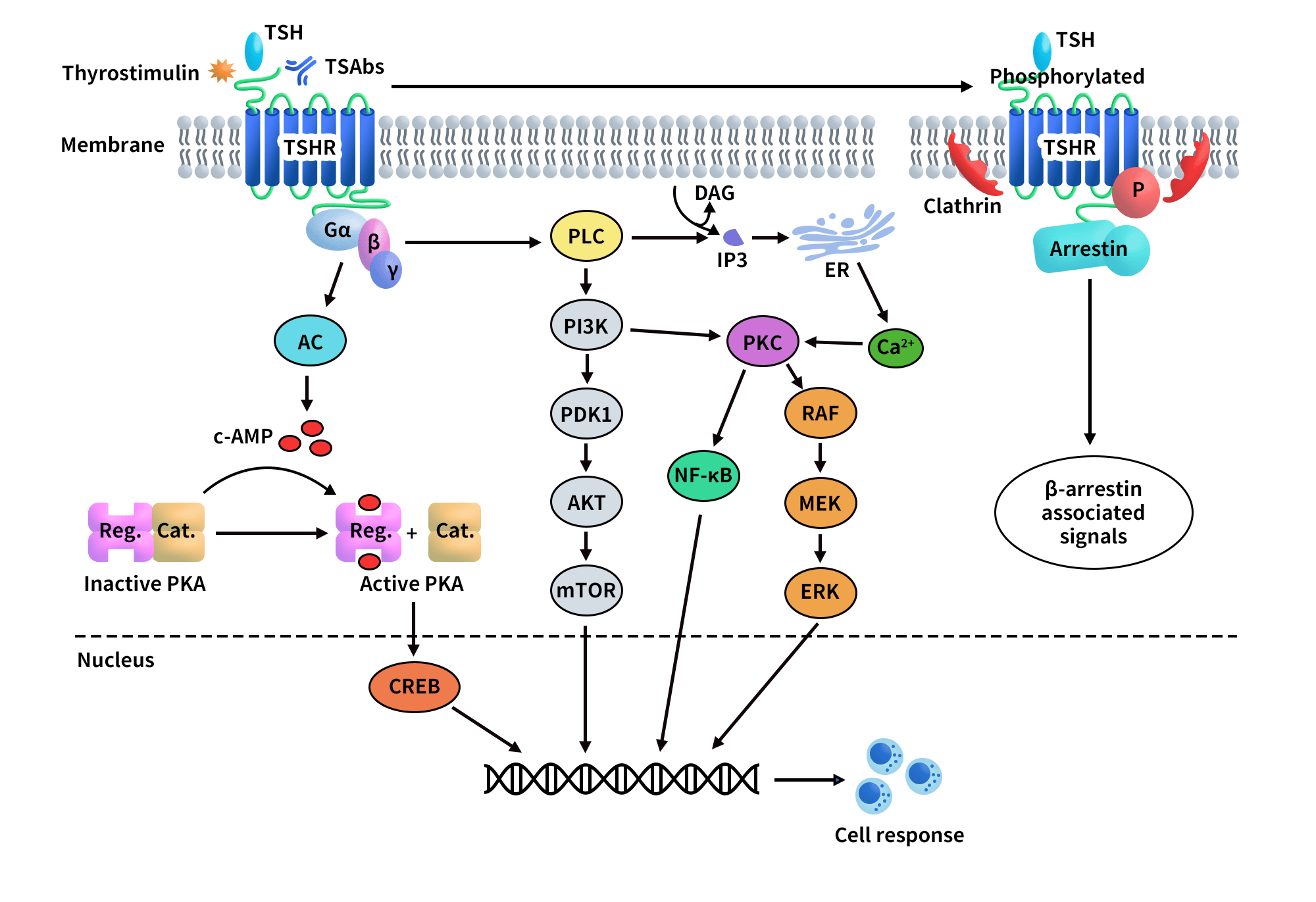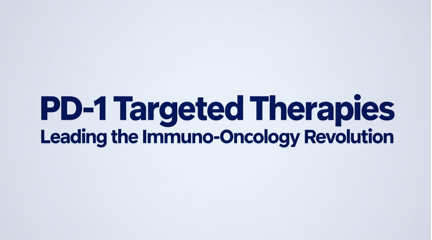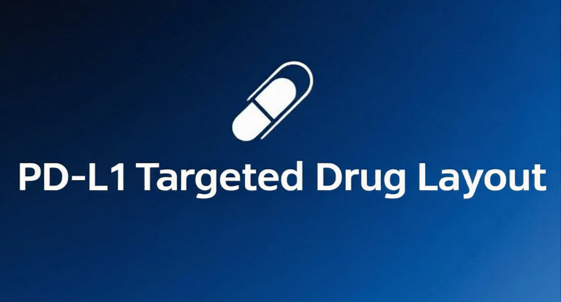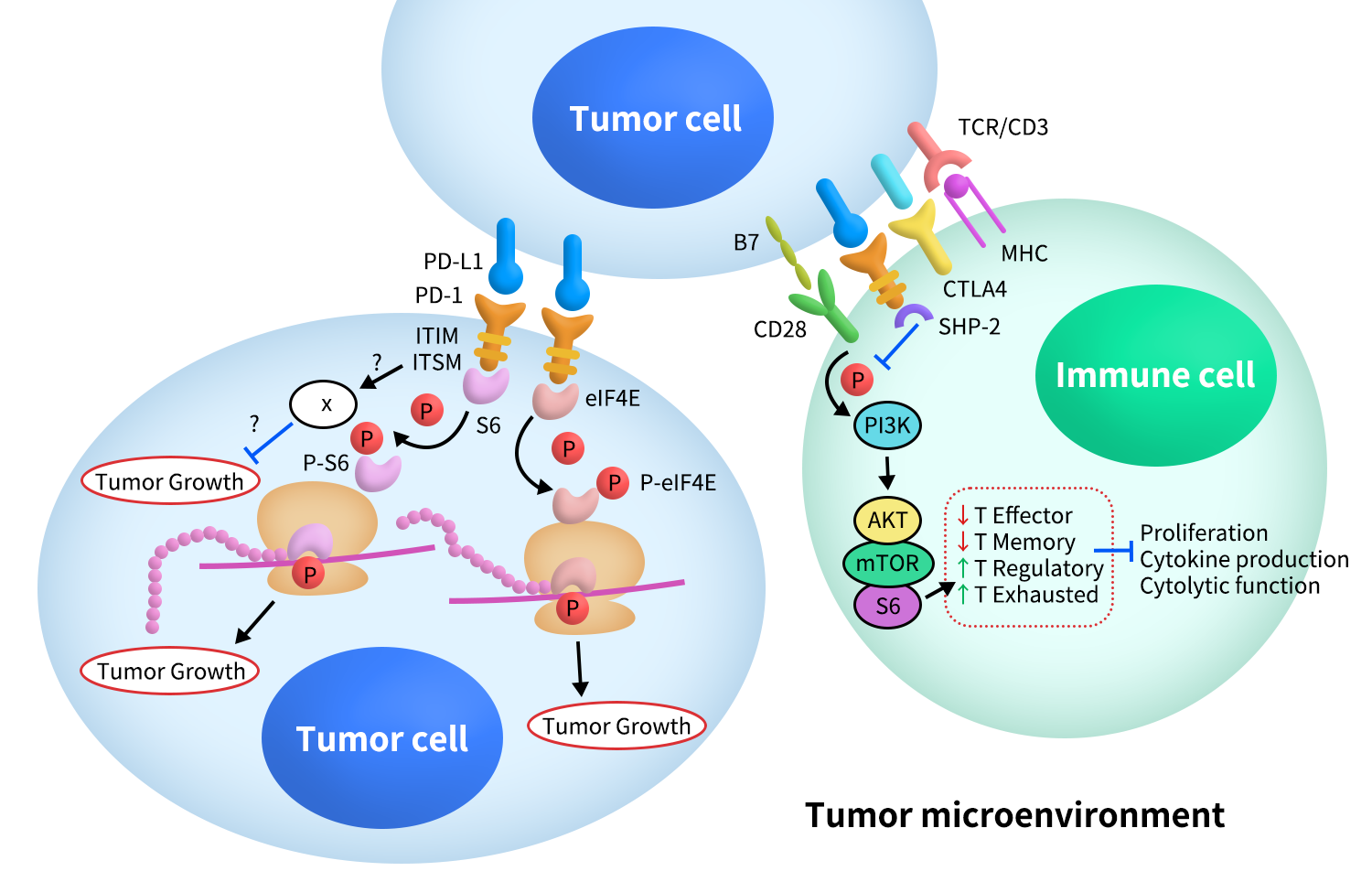Over USD 50 Billion! A Global Surge in Pharma BD and M&A Deals in January 2026
January 2026 global pharma BD and M&A activity highlights sustained capital concentration in innovative targets, AI-driven drug discovery, bispecific antibodies, and peptide therapeutics. Large multinational pharmaceutical companies continue to rapidly reinforce pipelines through acquisitions, licensing, and strategic collaborations, while Chinese innovators steadily enhance their negotiating power on the global stage.


